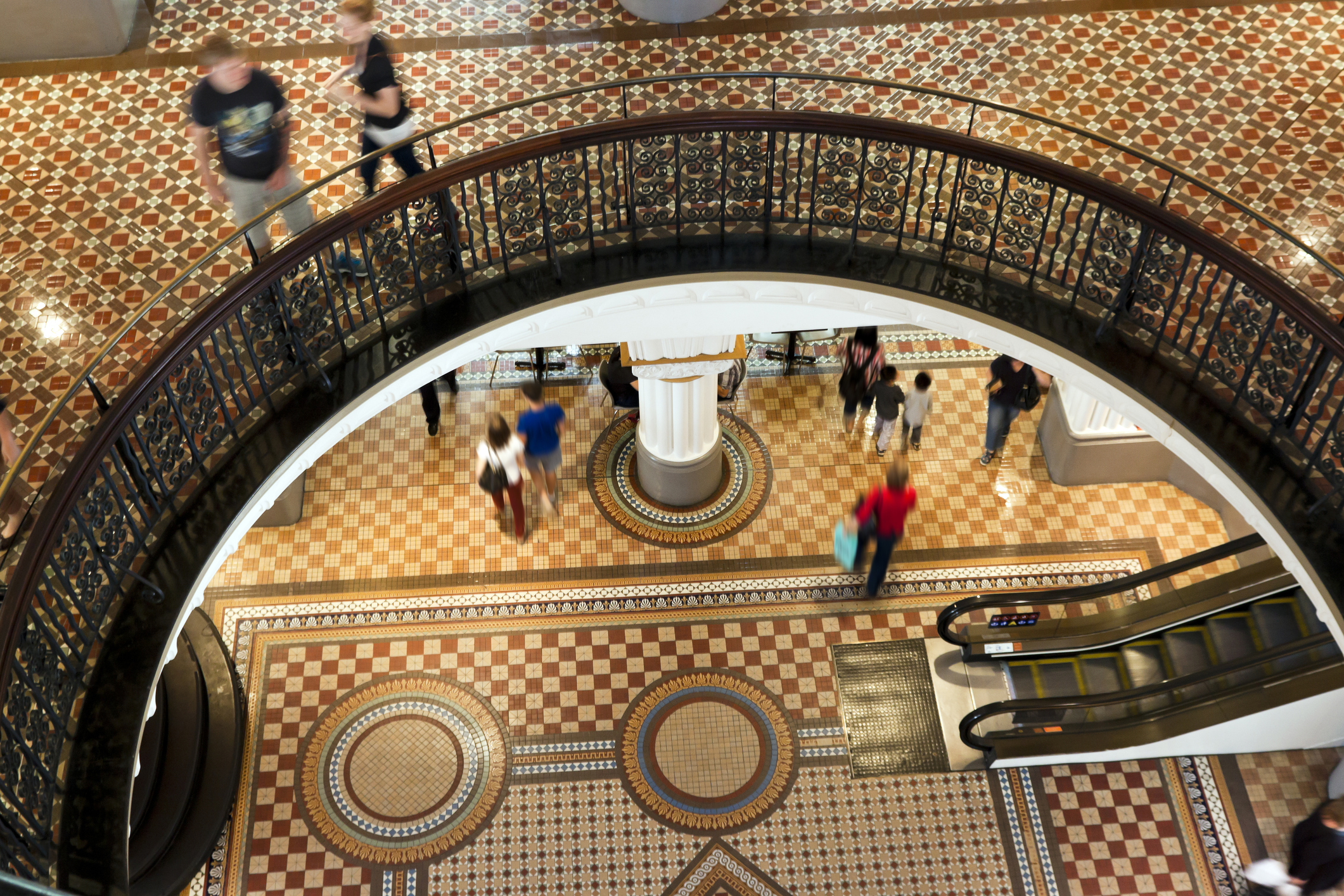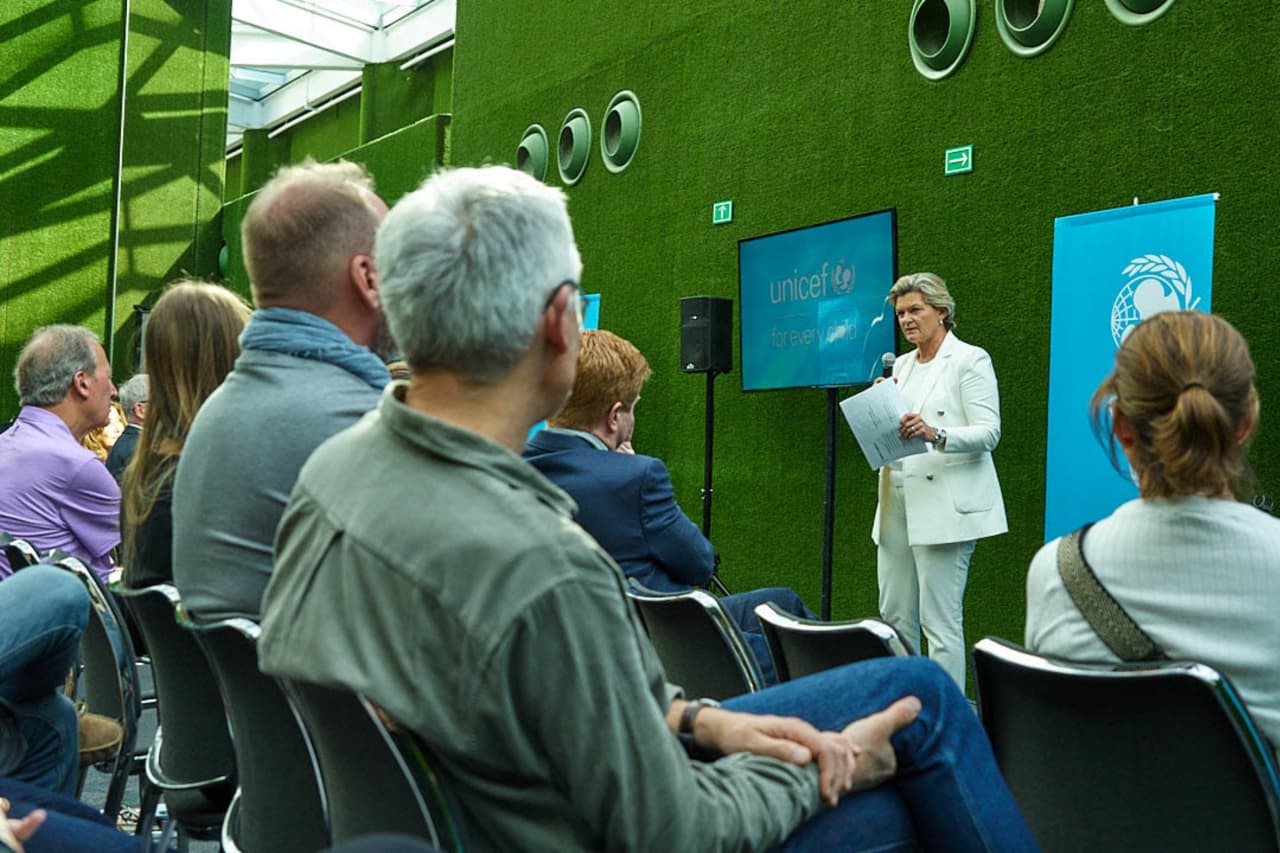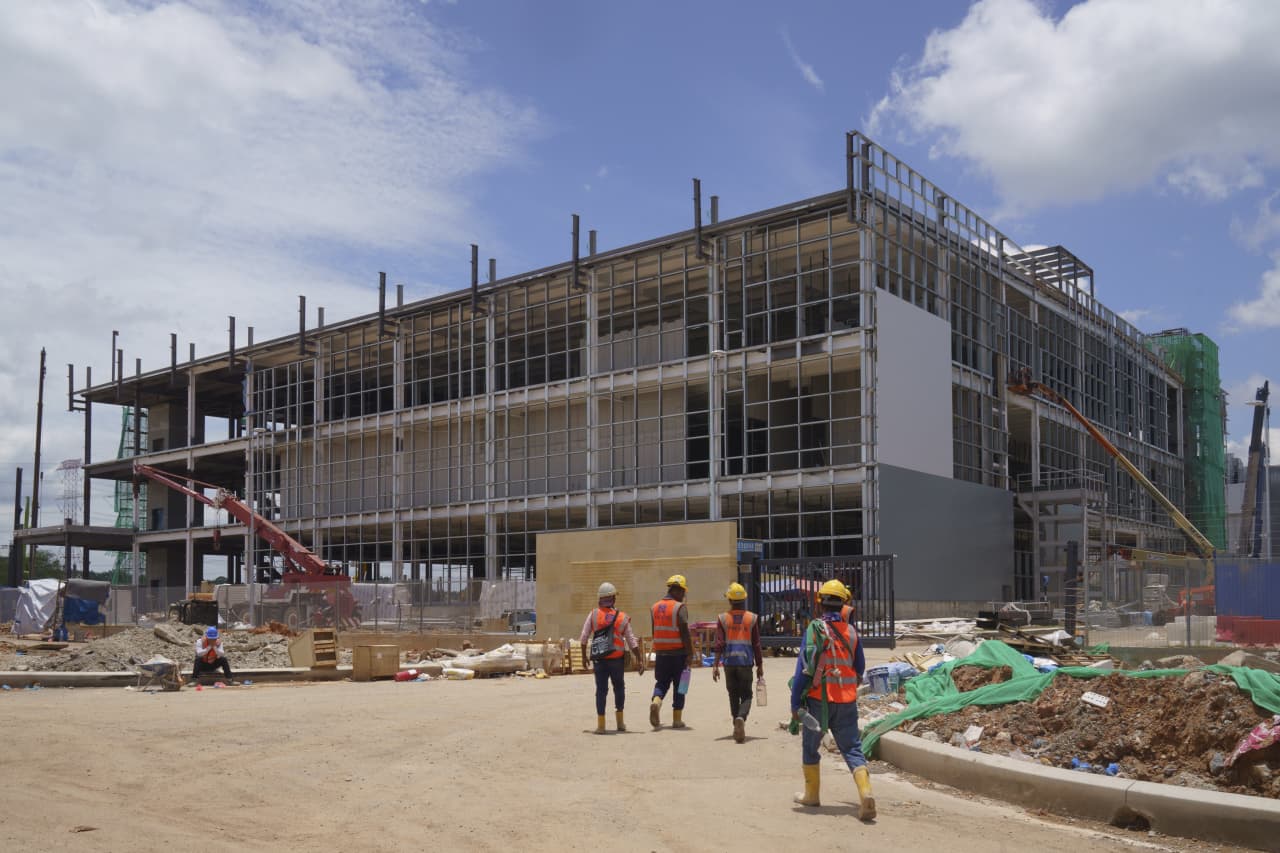Early sales events push retail spend higher
Discounts prove irresistible to shoppers motivated by cost of living pressures
Early end-of-financial-year promotions and mid-year sales events attracted consumers to the shops in May, with Australian retail turnover rising 0.6 percent, according to seasonally adjusted figures from the Australian Bureau of Statistics (ABS). This compares to a 0.1 percent rise in April and a 0.4 percent fall in March.
Robert Ewing, ABS head of business statistics, said consumers were “watchful” and motivated by discounts amid today’s high cost of living.
“Many retailers started end-of-financial–year sales early, offering larger discounts than usual and noted that shoppers remain price-sensitive in response to persistent cost-of-living pressures,” Mr Ewing said. “Retail businesses continue to rely on discounting and sales events to stimulate discretionary spending, following restrained spending in recent months.”
However, May’s boost belies “stagnant” underlying demand trends. Mr Ewing notes retail trading in trend terms is up by 1.5 percent over the year to May, which is very low. Gareth Aird, Head of Australian Economics at CBA, points out that population growth in 2023 was 2.5 percent, so on a per-capita basis a 1.5 percent lift in spending is exceptionally weak.
Mr Aird said shoppers are “savvy, cautious and price sensitive” and “more tactical than usual when determining when to spend on discretionary items”. Non-food retail was stronger than food retail in May, with the highest rise being a 1.6 percent lift in clothing, footwear, and personal accessories spending. Household goods spending lifted 1.1 percent.
Deloitte Access Economics partner, David Rumbens, says frugality is “back in vogue” with persistently rising prices for essentials like rent, insurance and utilities forcing consumers to cut back on discretionary purchases. An expected reduction in population growth as immigration reduces over the next year may also keep retail spending weak.
Deloitte’s latest retail forecasts point to a rocky road ahead, particularly if unemployment rises. Mr Rumbens said the 3.75 percent lift in minimum and award wages give consumers more spending power but will put pressure on business costs. He points out retail and hospitality insolvencies are increasing in today’s economy.
However, tax cuts and eventual interest rate cuts should lead to more retail spending in the second half of 2024 and in 2025. Deloitte forecasts no growth for retail spending overall in 2024 but a 2.5 percent uplift in 2025. “Household goods turnover should pick up more with better economic conditions and with an uplift in national building activity, supported by the Government’s ambitious housing targets,” Mr Rumbens said.
This stylish family home combines a classic palette and finishes with a flexible floorplan
Just 55 minutes from Sydney, make this your creative getaway located in the majestic Hawkesbury region.
More than one fifth of Australians are cutting back on the number of people they socialise with
Australian social circles are shrinking as more people look for ways to keep a lid on spending, a new survey has found.
New research from Finder found more than one fifth of respondents had dropped a friend or reduced their social circle because they were unable to afford the same levels of social activity. The survey questioned 1,041 people about how increasing concerns about affordability were affecting their social lives. The results showed 6 percent had cut ties with a friend, 16 percent were going out with fewer people and 26 percent were going to fewer events.
Expensive events such as hens’ parties and weddings were among the activities people were looking to avoid, indicating younger people were those most feeling the brunt of cost of living pressures. According to Canstar, the average cost of a wedding in NSW was between $37,108 to $41,245 and marginally lower in Victoria at $36, 358 to $37,430.
But not all age groups are curbing their social circle. While the survey found that 10 percent of Gen Z respondents had cut off a friend, only 2 percent of Baby Boomers had done similar.
Money expert at Finder, Rebecca Pike, said many had no choice but to prioritise necessities like bills over discretionary activities.
“Unfortunately, for some, social activities have become a luxury they can no longer afford,” she said.
This stylish family home combines a classic palette and finishes with a flexible floorplan
Just 55 minutes from Sydney, make this your creative getaway located in the majestic Hawkesbury region.


















